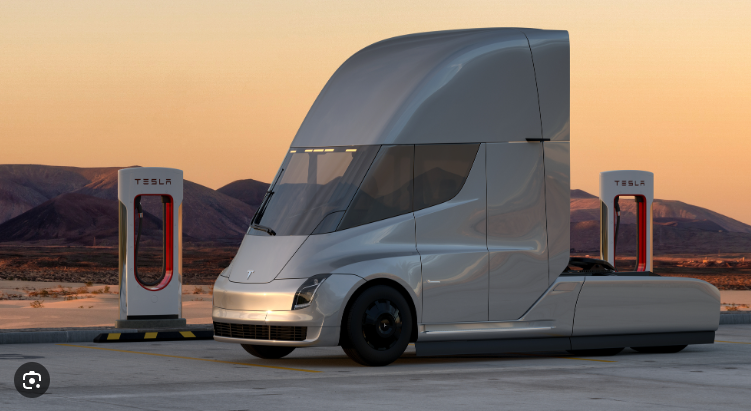As technology advances and consumer needs evolve, the auto transport industry is poised for significant transformation. The future of auto transport will likely be shaped by a blend of innovative technologies, environmental considerations, and changing customer expectations. In this blog, we’ll explore the trends and innovations that could revolutionize auto transport in the coming years.
1. Autonomous Transport Vehicles
One of the most exciting prospects for the future of auto transport is the development of autonomous transport vehicles. Self-driving trucks and carriers could drastically reduce the need for human drivers, leading to increased efficiency and lower costs. These vehicles would be capable of operating around the clock without breaks, potentially reducing transit times and improving delivery reliability. Companies like Tesla and Waymo are already making strides in autonomous vehicle technology, suggesting that widespread adoption may not be far off.
2. Electric Transport Trucks
With growing concerns about climate change and the environmental impact of fossil fuels, the auto transport industry is likely to see a shift towards electric transport trucks. Electric vehicles (EVs) produce zero emissions and have lower operating costs compared to traditional diesel trucks. As battery technology improves, electric trucks will become more viable for long-haul transport, offering a sustainable alternative to current practices. Companies such as Rivian and Nikola are at the forefront of developing electric trucks designed for heavy-duty transport.
3. Blockchain for Enhanced Transparency
Blockchain technology has the potential to revolutionize the logistics and auto transport industry by providing enhanced transparency and security. Blockchain can create an immutable ledger of all transactions and movements, allowing customers to track their vehicle’s journey in real-time. This technology can also help in verifying the authenticity of documents, preventing fraud, and ensuring that all parties involved in the transport process are accountable.
4. Real-Time Tracking and Communication
While real-time tracking is already a feature offered by many auto transport companies, future advancements will likely make this technology even more precise and accessible. Enhanced GPS systems, combined with Internet of Things (IoT) devices, will provide customers with minute-by-minute updates on their vehicle’s location and condition. Improved communication platforms will allow customers to interact seamlessly with transport providers, making the entire process more transparent and customer-friendly.
5. Drone Delivery for Short Distances
Although it may sound like science fiction, drone technology could play a role in the future of auto transport, particularly for short-distance deliveries and urban environments. Drones could be used to transport smaller vehicles, such as motorcycles or scooters, or deliver spare parts and accessories to remote locations. Companies like Amazon are already exploring drone delivery for package shipments, and similar technology could be adapted for the auto transport industry.
6. Advanced Materials and Lightweight Carriers
The development of advanced materials, such as carbon fiber and high-strength aluminum, could lead to the creation of lighter and more durable transport carriers. Lighter carriers would be more fuel-efficient, reducing the overall carbon footprint of auto transport. Additionally, these materials could enhance the safety and security of vehicles during transit, minimizing the risk of damage.
7. Customized and On-Demand Services
As consumer expectations continue to evolve, the auto transport industry will need to offer more customized and on-demand services. Future transport solutions might include flexible scheduling, personalized delivery options, and tailored services for high-value or classic cars. By leveraging data analytics and artificial intelligence, transport companies can predict customer needs and provide a more personalized and efficient service.
8. Enhanced Safety Measures
Safety will always be a top priority in the auto transport industry. Future advancements could include the integration of advanced driver-assistance systems (ADAS) in transport vehicles, improving safety and reducing the risk of accidents. Additionally, biometric security systems could be used to ensure that only authorized personnel can access and handle transported vehicles.
The future of auto transport is set to be shaped by a combination of technological advancements, environmental considerations, and changing consumer expectations. Autonomous vehicles, electric trucks, blockchain technology, real-time tracking, drone delivery, advanced materials, customized services, and enhanced safety measures are all likely to play a role in this transformation. By staying ahead of these trends, the auto transport industry can continue to evolve, offering more efficient, sustainable, and customer-friendly solutions for vehicle transportation.

